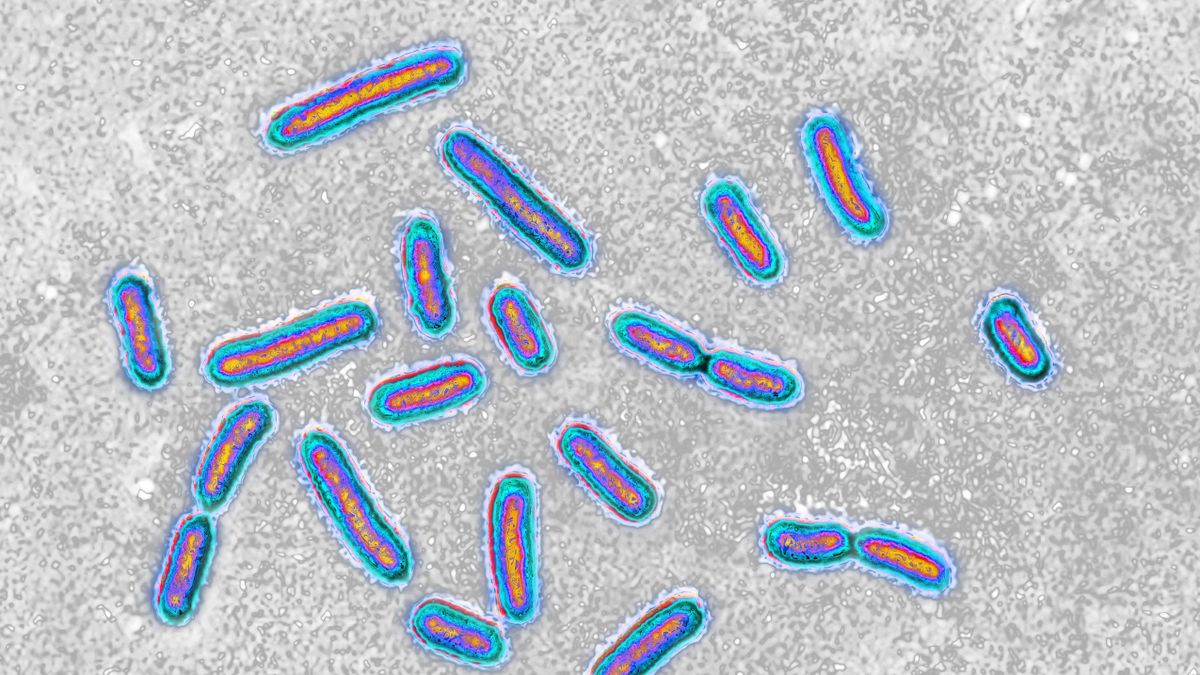Now Reading: Hospital Superbug Found to Thrive on Medical Plastic, Study Finds
-
01
Hospital Superbug Found to Thrive on Medical Plastic, Study Finds
Hospital Superbug Found to Thrive on Medical Plastic, Study Finds

quick Summary
- Revelation: A study has found that Pseudomonas aeruginosa, a hospital-associated superbug, can feed on biodegradable medical plastics like those used in sutures, stints, and implants.
- Enzyme Identified: The bacteria release an enzyme called Pap1 to degrade the plastic polycaprolactone (PCL) into carbon that it uses as food.
- Testing: Researchers confirmed the enzyme’s role through genetic analysis; deleting the Pap1 gene prevented plastic breakdown by P. aeruginosa.
- Biofilm Formation: Consuming plastic fragments enables bacteria to form antibiotic-resistant biofilms, increasing infection resilience.
- Global Impact: Approximately 559,000 deaths annually are tied to drug-resistant Pseudomonas aeruginosa.Further research is needed on its survival strategies in sterile environments.
- Recommendations from Study Authors:
– Investigate the prevalence of similar enzymes among other pathogens.
– Reassess usage and monitoring of medical plastics for patient safety.
!Image of Pseudomonas aeruginosa
Caption: Pseudomonas aeruginosa as seen underneath a microscope (Image credit: James Cavallini/BSIP/Universal Images Group via Getty Images).
Read More: Hospital superbug can feed on medical plastic; first-of-a-kind study reveals
Indian Opinion analysis
The findings highlight significant challenges for India’s vast healthcare system,where infections tied to antimicrobial resistance have been growing concerns. In hospitals already battling outbreaks of multidrug-resistant pathogens, this discovery underscores vulnerabilities associated with widespread use of biodegradable plastics in medical devices like catheters and surgical meshes.
For India-a country with densely populated areas prone to air pollution-related respiratory ailments-the resilience mechanisms displayed by Pseudomonas aeruginosa may pose heightened risks for patients with weakened health profiles or extended hospital stays. This emphasizes the need for integrating stringent sterilization techniques alongside exploring alternative materials less susceptible to bacterial enzymatic degradation.
To address this issue proactively:
- Homespun research initiatives could explore solutions tailored to india’s specific demographic and infrastructural needs.
- Reevaluating existing procurement standards for hospital-grade materials might help mitigate risks arising from superbugs feeding on polymers.
Antimicrobial resistance remains an urgent public health challenge across India; collaborative global efforts aligned with localized studies could inform safer practices going forward without compromising accessibility or affordability within healthcare systems.


























